Ranch style houses, also referred to as American ranch or California ranch, have a rich history dating back to the 1920s, but they truly came into their own in the 1950s and 60s. Influenced by the architectural styles of the American West and Spanish design, these homes were created to embody a relaxed, indoor-outdoor lifestyle.
Today, ranch style houses continue to captivate homeowners with their enduring appeal and practical design. Read on to explore the origins of those homes, their characteristics, allure, and much more!
The Origins of Ranch Style
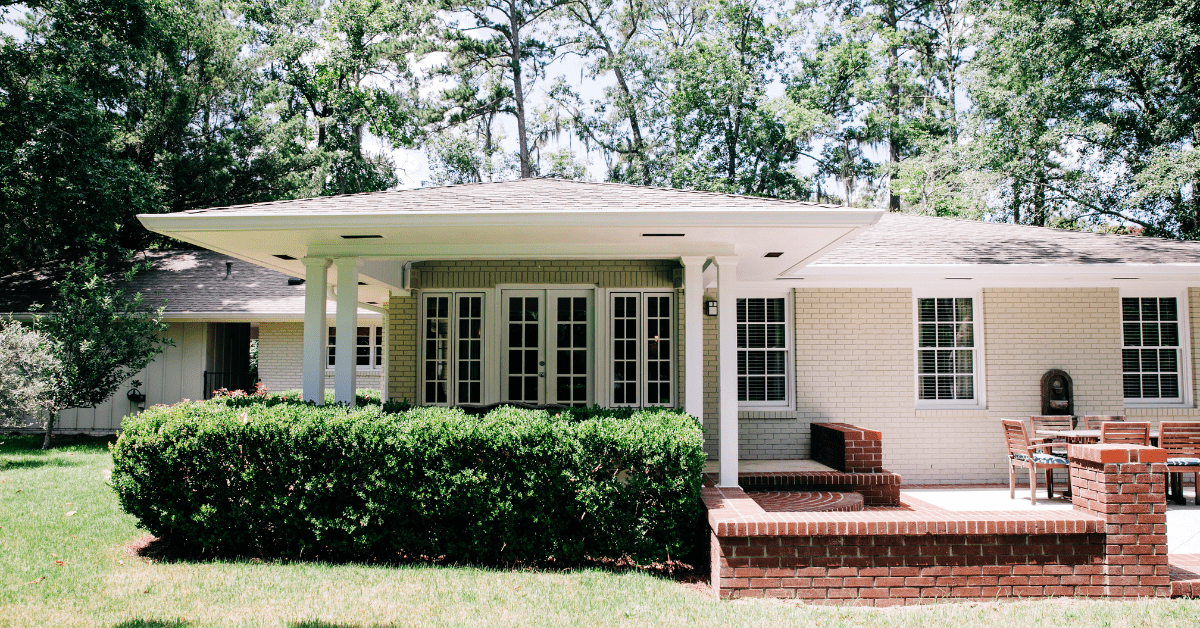
The roots of ranch style houses can be traced to a blend of Western and Spanish architectural influences. Architects like Cliff May and Joseph Eichler played pivotal roles in popularizing this style, emphasizing key features such as single-story layouts, open floor plans, and a strong connection to the natural surroundings. The post-World War II era witnessed an explosion of ranch style homes, effectively catering to the burgeoning suburban population’s needs.
Characteristics of Ranch Style Homes
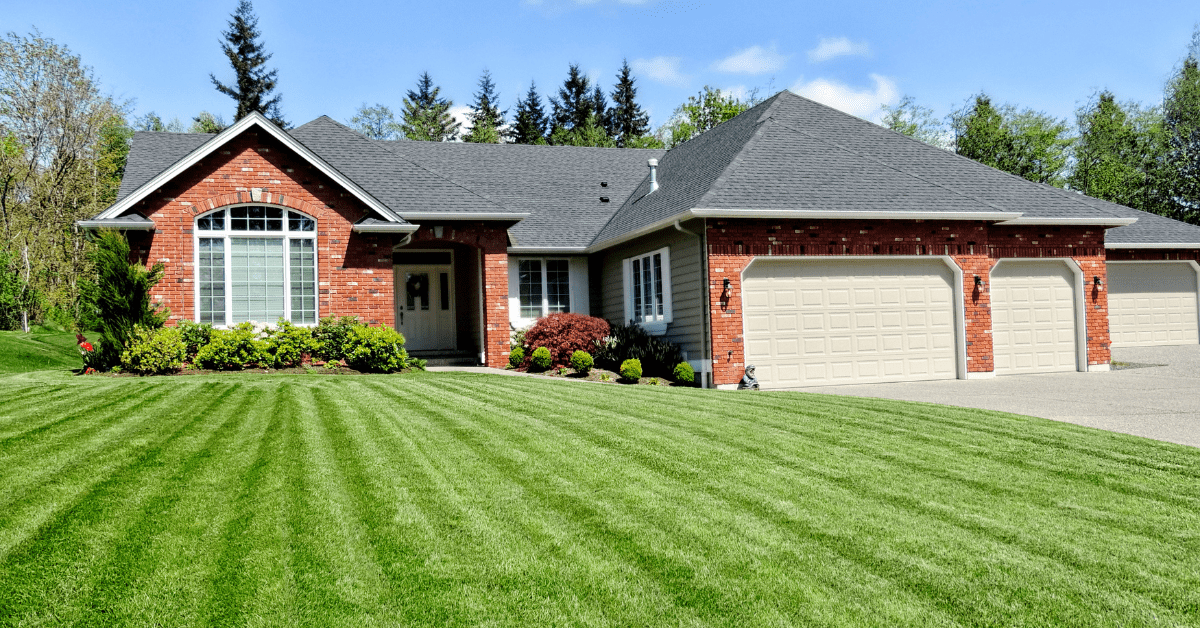
- Single-story Layouts: Ranch style houses are predominantly characterized by their single-story design, which sets them apart from many other architectural styles. This single-level layout offers several advantages, including easy accessibility and a seamless flow throughout the home. It emphasizes horizontal lines and a sprawling, ground-hugging profile.
- Open Floor Plans: Ranch style homes often feature open floor plans that eliminate the need for excessive interior walls, creating a sense of spaciousness and enhancing the flow of natural light. The absence of walls between common living areas like the kitchen, dining room, and living room fosters a feeling of togetherness and encourages interaction within the household.
- Indoor-Outdoor Living: One of the most distinctive features of ranch style houses is their strong emphasis on indoor-outdoor living. Large windows, sliding glass doors, and often, a central patio or courtyard seamlessly connect the interior of the home with the surrounding outdoor environment. This design philosophy encourages residents to enjoy nature, whether it be a lush backyard, a garden, or a pool area, as an integral part of their daily lives.
- Simple and Functional Aesthetic: Ranch style houses are celebrated for their simplicity and functionality. Clean lines, uncomplicated geometric shapes, and minimalistic ornamentation create an uncluttered and timeless look. The focus on practicality extends to the use of space, ensuring that every square foot is optimized for comfortable living.
- Use of Natural Materials: The use of natural materials like wood, stone, and brick is a hallmark of ranch style architecture. These materials not only contribute to the aesthetics of the home but also provide durability and a connection to the natural surroundings. Exposed wood beams, stone fireplaces, and brick accents are common features that enhance the warmth and character of these homes.
- Unassuming Charm: Ranch style houses are characterized by their unpretentious and welcoming charm. They often feature a low-pitched roof, extended eaves, and a front-facing garage. This unassuming exterior belies the spaciousness and comfort found within. This style of home is inviting and exudes a sense of homey comfort that appeals to a wide range of homeowners.
- Adaptability for Modern Living: Despite their vintage origins, ranch style houses have proven their adaptability to contemporary living needs. They are a versatile canvas for homeowners to incorporate modern amenities, energy-efficient technologies, and sustainable design elements. The single-story layout, open spaces, and indoor-outdoor connectivity align well with current lifestyle preferences, making these homes highly sought after.
Renovating and Decorating Ranch Style Home
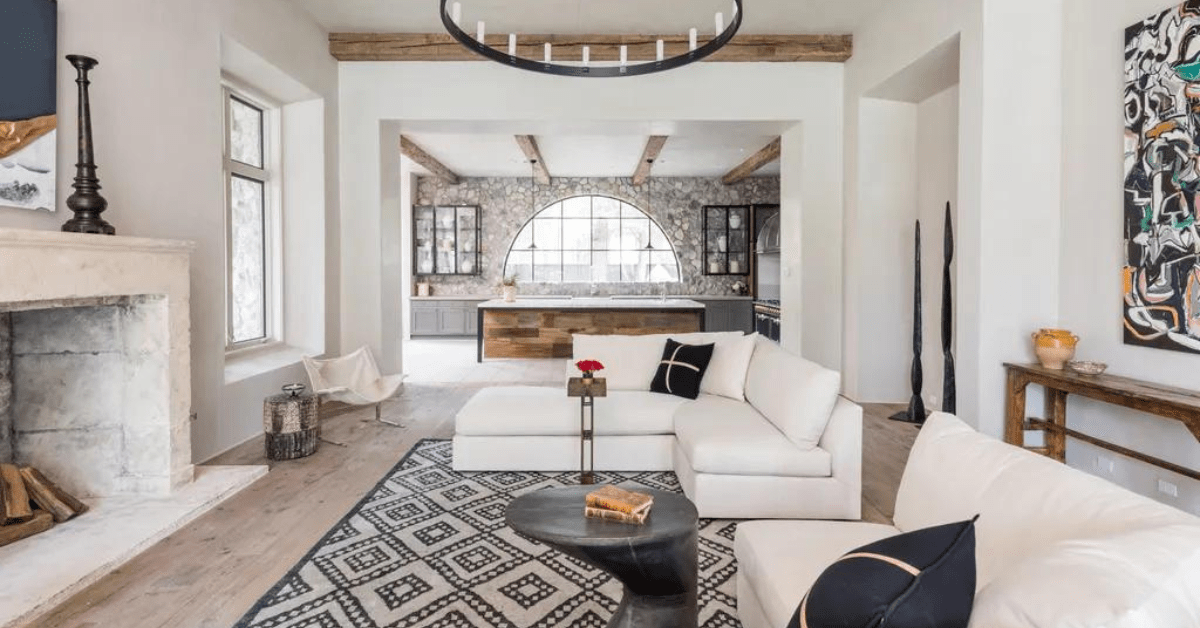
Ranch style homes hold a special place in the hearts of many homeowners due to their classic charm and comfortable living spaces. When it comes to renovating and decorating these homes, striking a balance between preserving their original character and adapting them for modern living is crucial. Here are key considerations:
- Preservation of Original Charm:
- Architectural Elements: Pay close attention to the original architectural elements, such as exposed wood beams, stone fireplaces, and built-in shelving. These are often defining features of ranch style homes and should be preserved or restored if they have deteriorated over time.
- Exterior Features: Exterior elements like the low-pitched roof, extended eaves, and front-facing garage should be maintained to uphold the classic ranch style curb appeal. Repainting or refinishing these components can revitalize their appearance without compromising their essence.
- Landscaping: Ranch style homes often have spacious yards or gardens. Maintaining these outdoor spaces with well-manicured lawns, mature trees, and thoughtful landscaping can contribute to the overall authenticity of the property.
- Incorporating Mid-Century Modern Decor:
- Furniture Selection: Opt for furniture pieces that resonate with the mid-century modern style. This could include iconic designs like Eames lounge chairs, Saarinen tables, and other pieces known for their clean lines, sleek curves, and organic forms. These choices will harmonize with the ranch style’s simplicity and functionality.
- Color Palette: Choose a color palette that aligns with mid-century modern aesthetics. Earthy tones like olive green, mustard yellow, and warm wood finishes can infuse the interior with a vintage vibe.
- Lighting Fixtures: Mid-century modern lighting fixtures, such as Sputnik chandeliers or Nelson Bubble Lamps, can be incorporated to add a touch of retro sophistication to the space.
- Thoughtful Renovations:
- Kitchen and Bathrooms: Updating the kitchen and bathrooms is often a priority during renovations. Opt for modern, energy-efficient appliances while maintaining open and functional layouts. Consider cabinetry with clean lines and natural materials to complement the ranch style.
- Flooring: If you choose to replace flooring, consider materials like hardwood or terracotta tiles, which align with the original aesthetic of ranch style homes.
- Windows and Doors: Upgrading windows and doors for better insulation and energy efficiency is a smart move. However, maintain the large windows and sliding glass doors to preserve the indoor-outdoor living experience.
- Roof and Insulation: Inspect the roof and ensure that insulation is updated for better energy efficiency and comfort.
- Interior and Exterior Cohesion:
- Continuity: Maintain a sense of continuity between the interior and exterior spaces. Use décor elements that transition seamlessly from the indoors to the outdoors, such as matching flooring materials or consistent color schemes.
- Outdoor Living: Enhance the outdoor living spaces with comfortable seating, landscaping, and, if possible, a central patio or courtyard. This accentuates the ranch style’s emphasis on indoor-outdoor living.
The Allure of Ranch Style Homes in Different Climates
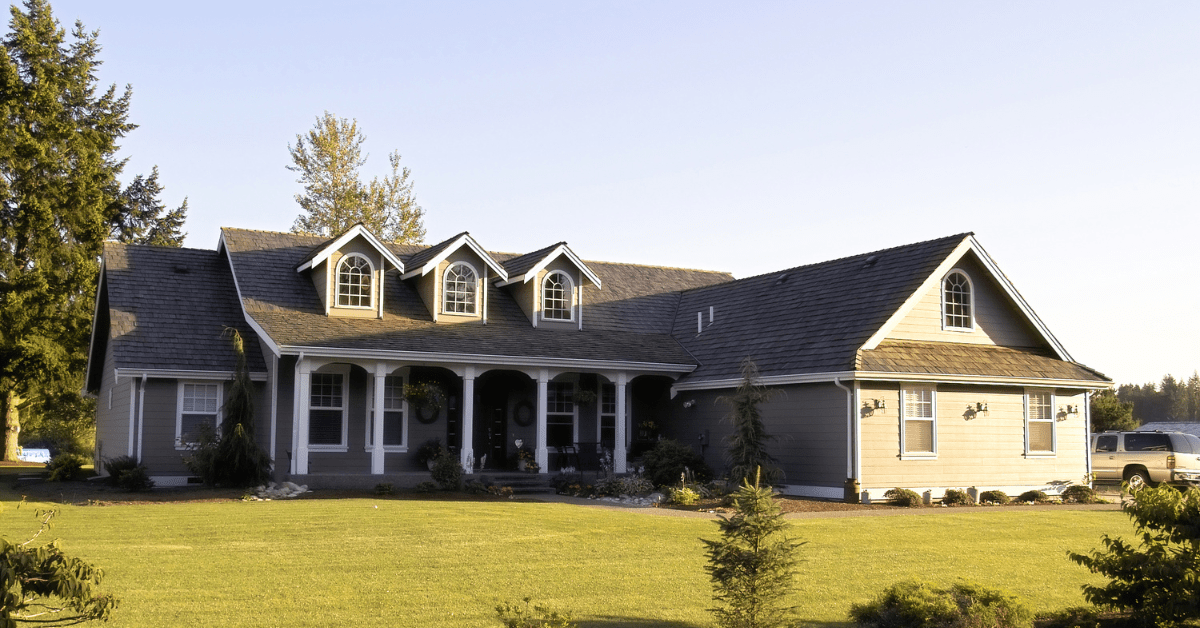
One of the notable aspects of ranch style houses is their versatile appeal. They are equally at home in warm, sunbelt regions as they are in cold, mountainous areas. Adapting ranch style design to different climates showcases the flexibility of this architectural style. Embracing various environmental challenges while preserving the essence of ranch style living is a testament to its enduring allure.
The Future of Ranch Style Houses
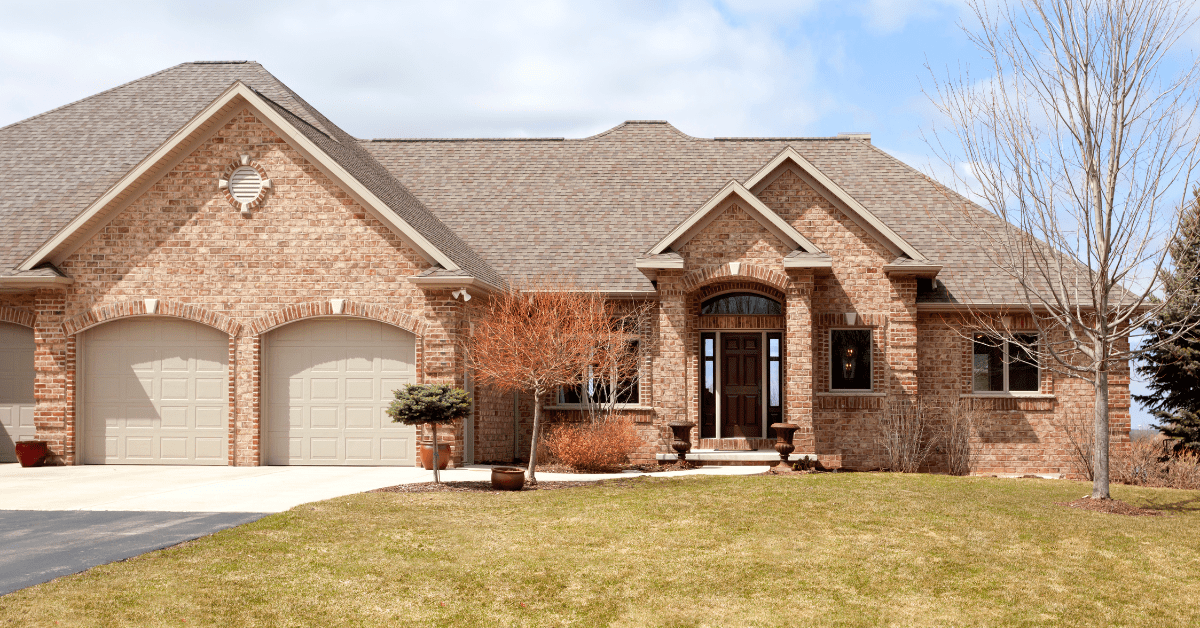
As interest in mid-century modern design experiences a revival, ranch style houses are regaining attention for their timeless appeal. Blending ranch style with contemporary and minimalist trends offers a fresh perspective on these classic homes. Preserving the legacy of these houses and their contribution to American architecture is essential for future generations to appreciate and enjoy.
You're reading Ranch Style Houses: Classic Charm and Modern Living, originally posted on Decoist. If you enjoyed this post, be sure to follow Decoist on Twitter, Facebook and Pinterest.
No comments:
Post a Comment